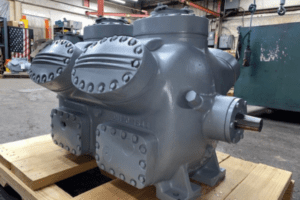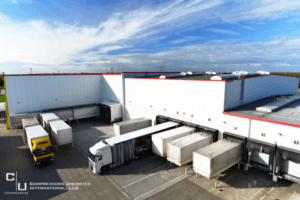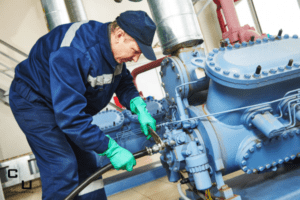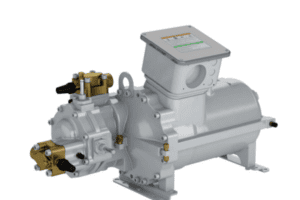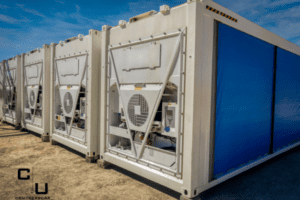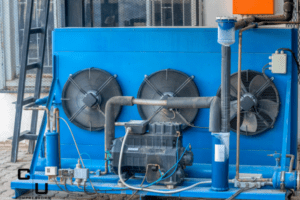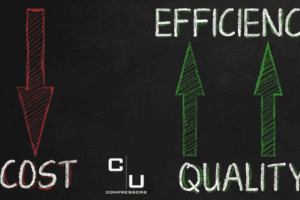If you’re in the market for a commercial or industrial HVAC system, there are a number of factors you should consider before making the final purchase decision. One of these factors is the SEER rating. Why is this rating so important when selecting an HVAC system? Read on to find out!
Efficiency
Representing the ratio between the cooling capacity of an HVAC unit and the relative amount of energy it consumes over the course of a typical cooling season, the SEER rating indicates how energy efficient an HVAC system is.
Therefore, higher SEER ratings indicate more energy-efficient units. Because a high-efficiency system uses less energy, it is a more environmentally friendly option compared to lower SEER rated equipment.
Lifespan
The SEER rating also suggests the amount of wear and tear an HVAC system is prone to. A higher SEER rating, for instance, indicates greater efficiency, which means there will be less wear and tear on system components.
In addition to ensuring that the system will last longer before needing repairs or replacement, less mechanical wear allows you to get the most out of your investment, while reducing maintenance and repair costs.
Given the high cost of replacing a commercial or industrial HVAC system, finding ways to prolong the service life of your unit can generate hefty savings in the long term. Keep in mind, however, that different variables can affect the overall life and efficiency of your system, including how often you use the unit and how well you maintain it.
Savings
A high SEER rating indirectly means that you’ll start enjoying significant energy savings from the first month of operation. Because central cooling equipment is used frequently in the summer months, the commercial or industrial facilities located in areas with extended cooling seasons should consider HVAC systems with higher SEER ratings.
For those in temperate areas, lower SEER rated units can make more financial sense.
On the downside, a higher SEER rating also means a higher price tag. But although an HVAC system with a higher SEER rating costs more upfront, it usually pays for itself through reduced energy bills.
Compliance
In 2015, the U.S. Department of Energy switched from a national SEER standard for air conditioning to regional standards. Currently, the minimum SEER rating required in Southern states is 14, and 13 in Northern states.
Annual Operating Costs
The SEER rating allows building owners, managers, and operators to calculate how much it will cost to operate a central cooling system over the course of a year. By dividing the amount of BTUs by the SEER rating of the system, you can determine how many watts the unit will consume per operating hour.
To calculate the annual operating costs, multiply the number of watts per hour by the average number of hours the system will operate in a year and your electricity rate.
Selecting the Right SEER Rating
The SEER ratings are an accurate gauge of the overall performance and efficiency of HVAC equipment. Therefore, choosing the right SEER rating is imperative if you wish to make the most of your system.
Because many different factors must be considered in order to determine the most practical SEER rating for your facility, the easiest and surest way to select the best HVAC upgrade or replacement is to consult a professional contractor.
For more information on SEER ratings and how they affect the performance of HVAC systems, please contact us online or call us directly at 972-286-2264.


